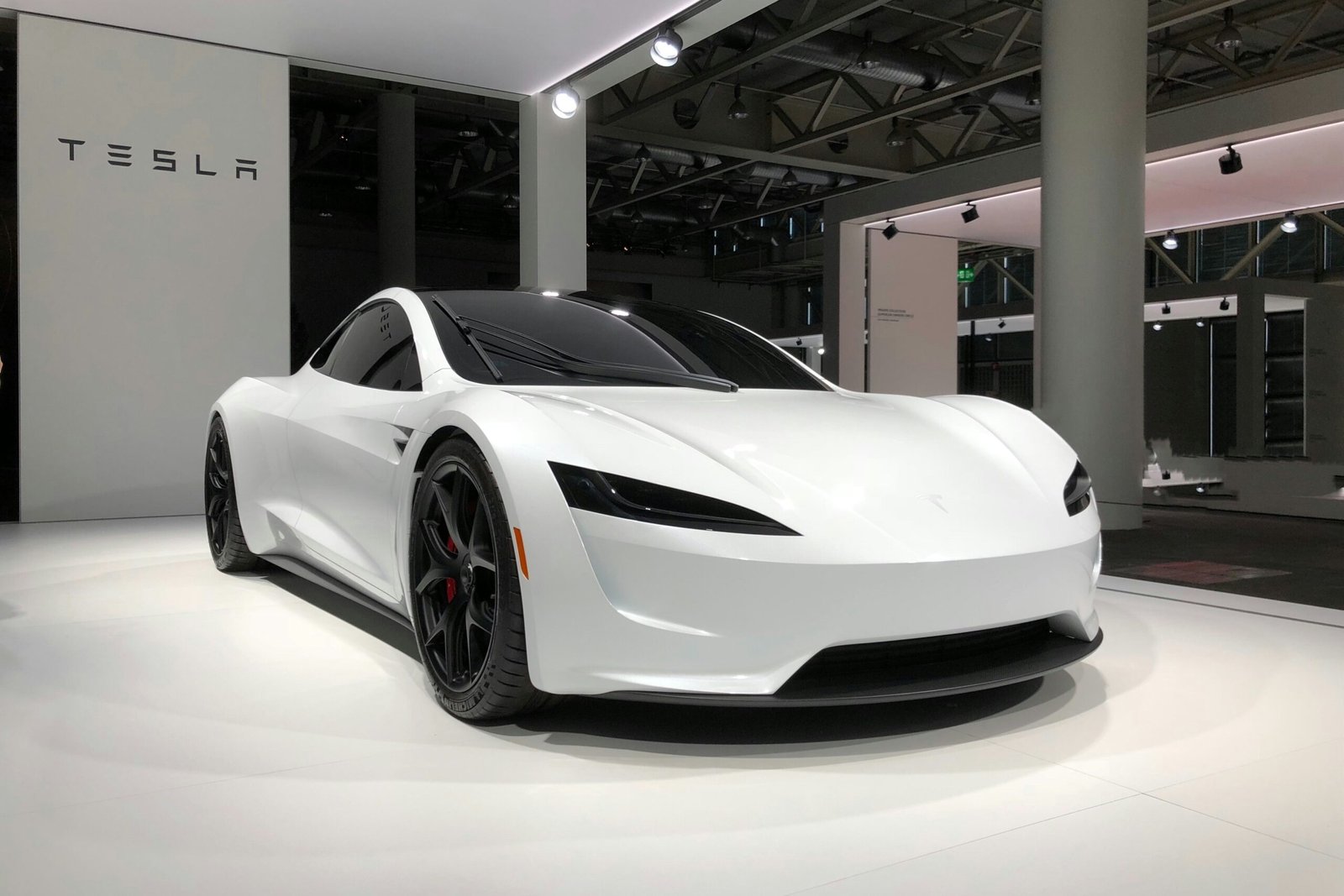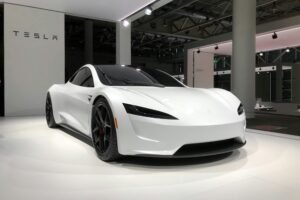Tesla Self-driving Internship, Electrical & Computer Engineer

About Course
Tesla Self Driving Internship Interview Questions
This comprehensive course is meticulously tailored for candidates preparing for the Tesla Self Driving Internship interview. Whether you’re targeting roles in perception hardware, sensor integration, computer vision modules, or real-time embedded systems, this module provides 100 realistic Tesla Self Driving Internship interview questions. Each scenario reflects actual technical challenges and expectations at Tesla, helping you demonstrate your skills and mindset during each stage of the process.
Tesla’s Autopilot and Full Self‑Driving (FSD) teams rely on deep integration of hardware and software to deliver reliable, high-performance autonomous features. Intern engineers in this domain are tasked with prototyping sensor circuits, validating hardware-in-the-loop setups, analyzing timing and synchronization, and troubleshooting system-level failures. Accordingly, the Tesla Self Driving Internship interview questions included in this course focus on areas such as sensor calibration, signal processing chains, embedded systems, and system validation.
Course Overview
You’ll work through 100 targeted Tesla Self Driving Internship interview questions, all accompanied by detailed explanations and design rationales.
Topics Covered in Detail
The Tesla Self Driving Internship interview questions span critical technical areas essential to Tesla’s autonomy hardware teams:
Sensor Integration & Signal Calibration
-
Designing circuits for cameras, radar, or ultrasound sensors
-
Synchronization and timestamping for multi-sensor fusion
-
Error-budgeting in calibration: offset, drift, and cross-talk
Real-Time Embedded Systems
-
FPGA or microcontroller interfaces for time-sensitive data paths
-
Ensuring real-time Firmware/HW communication and low jitter
-
Debugging sensor data pipelines with logic analyzers and oscilloscopes
High-Speed Data & Signal Integrity
-
PCB trace design for camera and radar data lines
-
Jitter management, impedance control, and connector quality
-
Analyzing noise and filtering for high-bandwidth signal paths
System Validation & Bench Testing
-
Planning hardware-in-loop testing with real sensors
-
Designing test benches for latency, signal noise, and error rate metrics
-
Automating test sequences with Python, scripts, or custom frameworks
Failure Analysis & Root-Cause Analysis
-
Investigating sensor dropouts or sync errors in data logs
-
Hardware debugging using signal tracing and thermal tools
-
Coordinating across firmware and hardware to isolate intermittent faults
Cross-Functional Collaboration
-
Working with perception R&D teams to match hardware performance
-
Optimizing design for manufacturability and field reliability
-
Managing dependencies: sensor part cycles, calibration tooling, and software pipelines
Why This Course Works
Our Tesla Self Driving Internship interview questions are drawn directly from insights shared by past Tesla interns—especially in perception and hardware validation roles. You’ll learn how to:
-
Reason about sensor selection and hardware interface tradeoffs
-
Describe how to validate real-time data performance and timing
-
Approach debugging of real systems using structured methods
Explanations emphasize engineering clarity—justifying hardware decisions, explaining assumptions, and articulating integration priorities. These reflect the standard Tesla applies to Tesla Self Driving Internship interview candidates.
Who Should Use This Course
This program is designed for:
-
Internship applicants in sensor, embedded, or autonomy hardware engineering at Tesla
-
Hardware-focused interns transitioning from academic projects to real systems
-
Candidates aiming to demonstrate their readiness with Tesla Self Driving Internship interview questions
Get Ready to Succeed
Mastering these 100 Tesla Self Driving Internship interview questions equips you to shine in every interview round—from virtual screens to onsite panels. You’ll gain:
-
System-level insight into sensor and embedded hardware
-
Confidence explaining design decisions and trade-offs
-
A professional mindset for debugging, validation, and cross-team communication
Practice More Tesla Interview Questions

Course Content
Tesla Self-driving Internship, Electrical & Computer Engineer Interview Questions
-
Tesla Self-Driving Internship Interview Questions – Easy
-
Tesla Self-Driving Internship Interview Questions – Medium
-
Tesla Self-Driving Internship Interview Questions – Difficult
-
Tesla Self-Driving Internship Interview Questions – Behavioral/Culture Fit